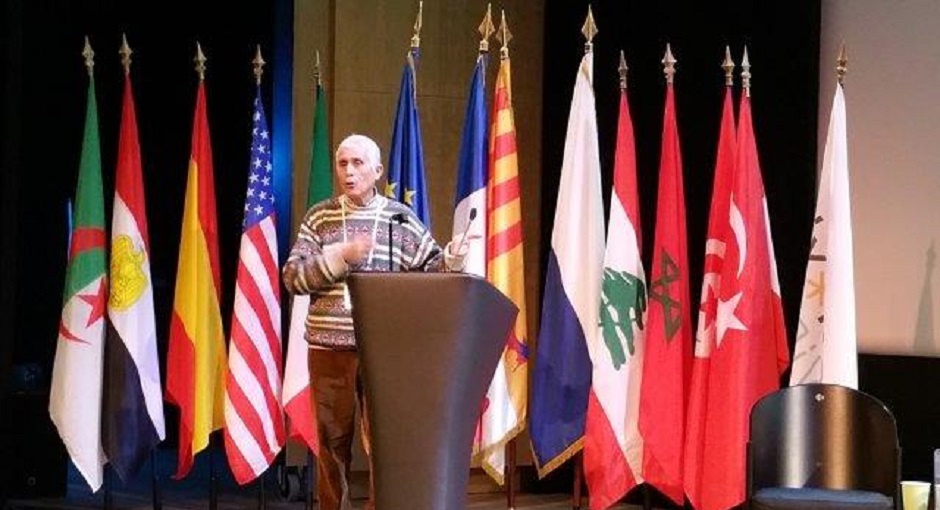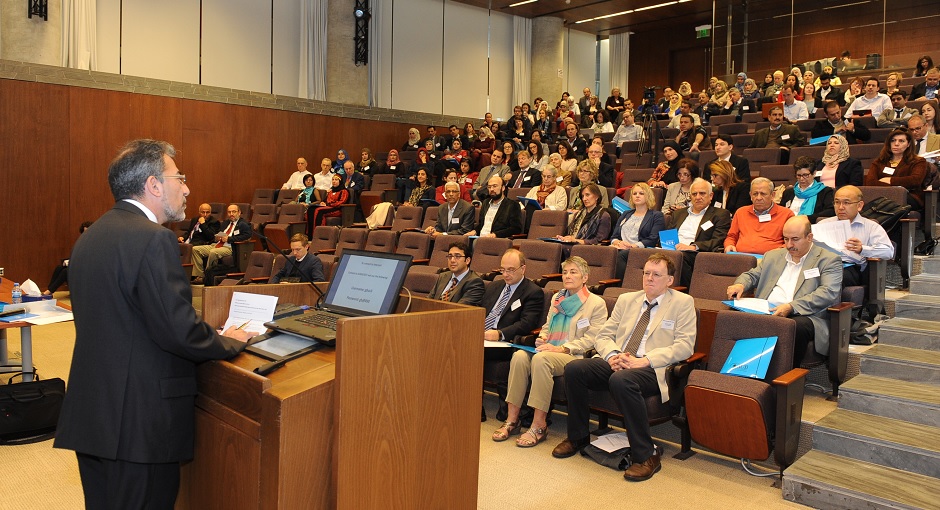CONTEXT AND OBJECTIVES
The 2009 landmark report from the WHO Commission on ŌĆ£Social Determinants of HealthŌĆØ has reemphasized the universally observed inequalities in morbidity and premature mortality to the detriment of socio-economic groups at the lowest level of the social gradient. In developing countries, following the so-called 1987 ŌĆ£Bamako InitiativeŌĆØ introducing cost-recovery policies and user-fees at the point of delivery of public health care, the equity debate has been rather focused on the social distribution of both health care financing and access to health care. Recent research, including that carried out in Palestine and in four African capitals by some of the teams participating in this project (INSERM/IRD/University Aix-Marseille II UMR SE4S and GREQAM/IDEP), has however shown that aggregate summary measures of vertical and horizontal inequality (such as concentration indices derived from the general class of Gini-type and rank-based measures), which have been widely used in the health economics literature dealing with developed countries, may not be fully appropriate in the context of developing countries where out-of-pocket payments at the point of health care consumption represent a greater share of total expenditures (often >50% in low-income countries).
The INEGSANTE research project is directly related to themes 4 (Catastrophe, risks, vulnerabilities) and 1 (Demographic dynamics and future of societies in developing countries) of the call for proposals ŌĆ£les Suds AujourdŌĆÖhui IIŌĆØ. It proposes to improve the scientific debate about equity in health care expenditures and in access to health care in developing countries in three related ways:
ŌĆó┬ĀTo transfer to this field recent methodological advances in the measurement of inequality from the tax and public economics literature (notably using new non-linear estimation methods of decomposition and microsimulation techniques that are more appropriate for disentangling the respective roles of individual behaviours and preferences and of characteristics of health care delivery systems and financing schemes in the analysis of equity).
ŌĆó┬ĀTo re-examine the relationship between income and health care inequalities (notably with an attempt to operationalise in this field SenŌĆÖs concepts of ŌĆ£adaptive preferences and capability deprivationŌĆØ and through measuring ex post re-ranking effects of health care expenditures on income distribution ).
ŌĆó┬ĀTo perform econometric analysis applying, for the first time, these approaches to national household surveys including detailed data on health care expenditures and consumption in a large sample of 12 African and Middle-Eastern low-income (Burkina-Faso, Senegal, Zambia), lower middle-income (Cameroon, C├┤te dŌĆÖIvoire, Egypt, Jordan, Morocco, Palestine, Tunisia) and upper middle-income (Lebanon, South Africa) countries.
Contextualization of analysis and interpretation of data will be facilitated by the active participation of researchers from the EMRO region of the WHO and from the Universities of Birzeit and Tunis). In addition to scientific valorisation of the results, impact on international debates and on policy-makers will be facilitated by the role of some of the involved researchers as experts for various international organizations (World Bank, ILO, Global Fund, WHO, etc.).
PROJECT LEADER: MOHAMMAD ABU-ZAINEH
This project is supported by┬ĀANR -┬ĀLes Suds, aujourd'hui II┬Ā(appel ├Ā projets)


